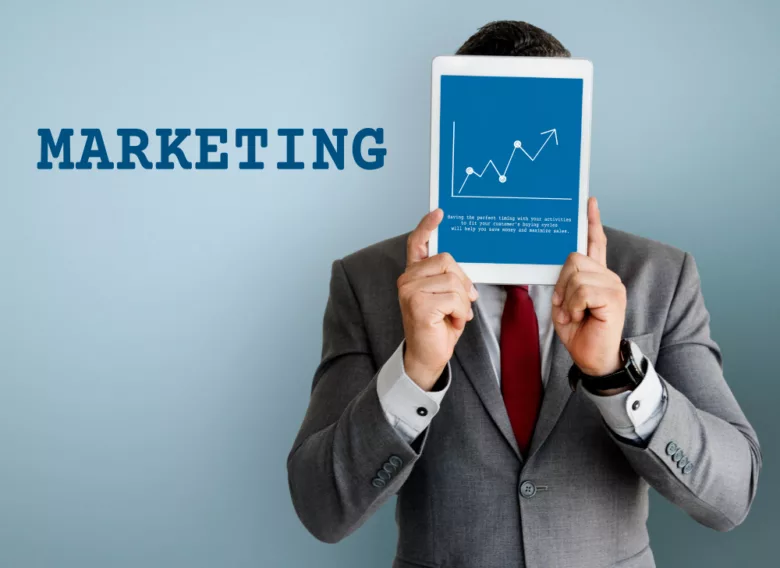In recent years, the field of digital marketing has experienced a significant transformation due to the integration of artificial intelligence (AI) technologies. AI has revolutionized the way businesses approach marketing by enabling more personalized and targeted campaigns, automating repetitive tasks, and providing valuable insights for decision-making.
In this blog post, we will explore the recent rise in popularity of AI in digital marketing and discuss how it can be effectively utilized to enhance marketing strategies.
AI’s Recent Rise in Popularity
The increasing availability of big data and advancements in AI algorithms have propelled the adoption of AI in digital marketing. With the ability to analyze massive amounts of data, AI systems can uncover meaningful patterns, trends, and customer insights that were previously difficult to identify manually. Moreover, AI-powered tools can process data in real-time, enabling marketers to make data-driven decisions and react swiftly to changing market dynamics.
How to Use AI in Digital Marketing
#1 Create Chatbots
One of the most prominent applications of AI in digital marketing is the creation of chatbots. These AI-powered virtual assistants can engage with website visitors or customers through conversational interfaces, providing instant support, answering queries, and even making product recommendations.
Chatbots improve customer experience by delivering personalized interactions, enhancing customer engagement, and freeing up human resources to focus on more complex tasks.
#2 Create High-Quality Content
AI can significantly assist marketers in content creation. Natural Language Processing (NLP) algorithms enable AI to generate high-quality written content, such as blog posts, social media updates, and email newsletters.
AI can analyze vast amounts of existing content, identify trends, and generate relevant and engaging material. However, it’s important to note that human input and creativity are still crucial to ensure the content resonates with the target audience and aligns with brand values. This is why prompt engineers are now making over six figures.
#3 Social Media Marketing
AI can revolutionize social media marketing by automating various tasks and optimizing ad targeting. AI-powered tools can analyze user behavior, interests, and demographics to identify the most suitable audience segments for specific campaigns.
By leveraging AI, marketers can optimize ad placements, budgets, and messaging, resulting in higher conversion rates and improved return on investment (ROI) for social media advertising campaigns.
#4 Innovative Outreach Campaigns
AI can enable marketers to develop innovative outreach campaigns that drive customer engagement and brand awareness. For example, AI-powered recommendation systems can analyze user preferences and behaviors to personalize email marketing campaigns, ensuring that the right content reaches the right audience at the right time. AI can also facilitate hyper-personalization by dynamically adapting website content, creating unique user experiences based on individual preferences.
#5 Streamline Operations
AI can streamline marketing operations by automating repetitive tasks and processes. For instance, AI-powered tools can analyze vast amounts of data to identify patterns and predict customer behavior, allowing marketers to optimize their marketing strategies and allocate resources more efficiently.
AI can also automate data collection, reporting, and analysis, enabling marketers to focus on strategy development and decision-making rather than spending valuable time on manual data processing.
The Cons of Using AI
While AI offers numerous benefits to digital marketing, it’s essential to consider the potential downsides. One of the main concerns is the risk of relying too heavily on AI and losing the human touch. AI-driven marketing campaigns may lack the emotional intelligence and personalization that human marketers can provide.
Moreover, AI systems require continuous monitoring and updates to ensure they operate accurately and ethically. Privacy concerns and data security also need to be addressed when utilizing AI in digital marketing.
Conclusion
The role of AI in digital marketing cannot be underestimated. Its recent rise in popularity is transforming the way marketers strategize, execute, and analyze their campaigns. From creating chatbots to streamlining operations and optimizing outreach campaigns. AI offers a wide range of possibilities to enhance marketing efforts.
However, it’s crucial to strike the right balance between AI automation and human creativity to deliver exceptional customer experiences. By leveraging the power of AI while remaining mindful of its limitations, businesses can stay at the forefront of digital marketing and drive sustainable growth in the ever-evolving digital landscape.
